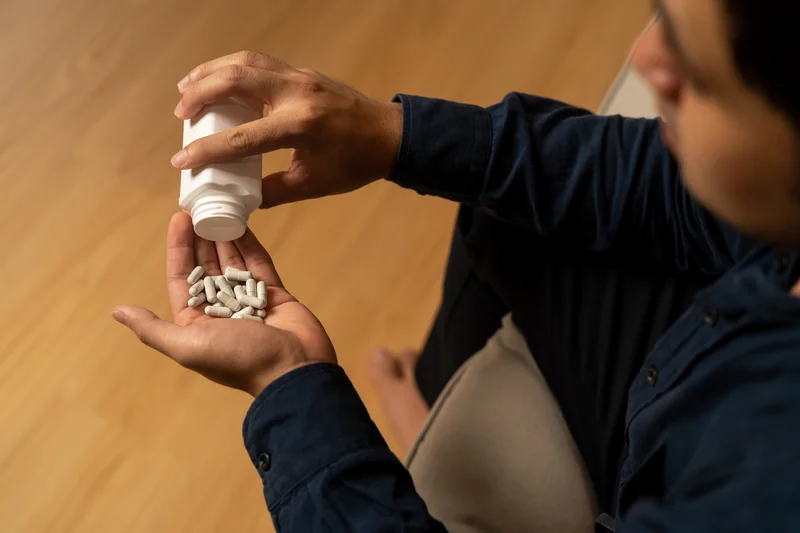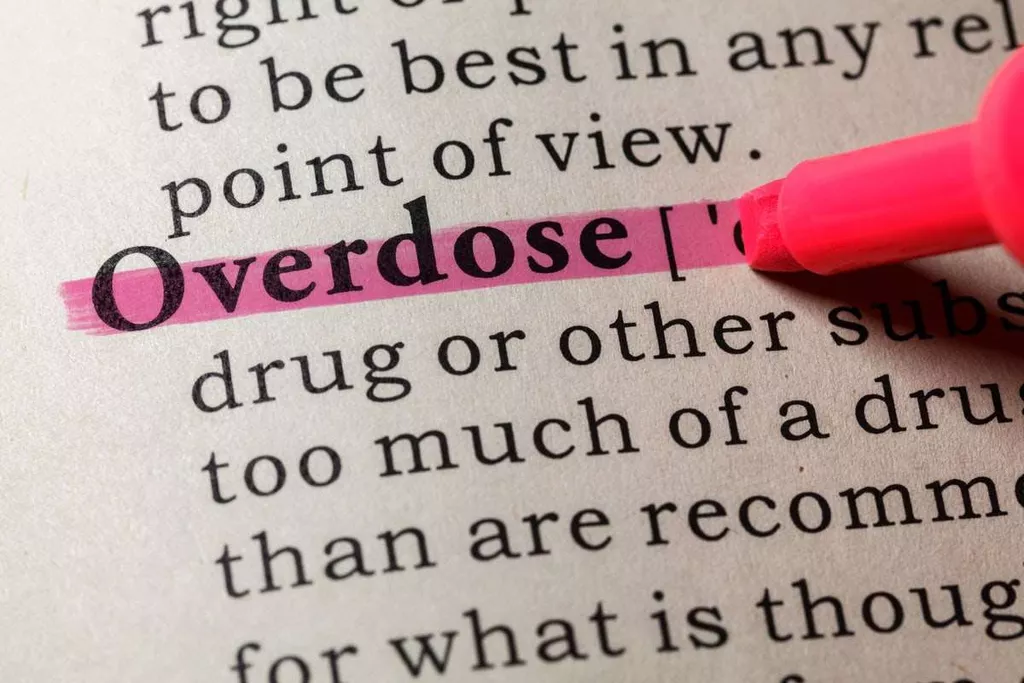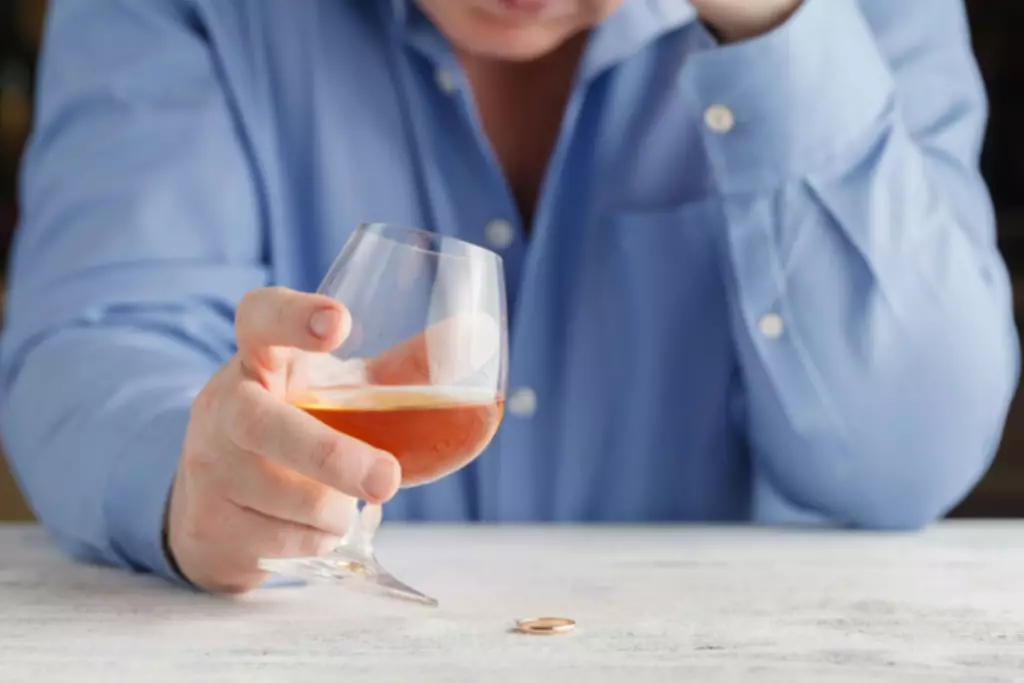Practicing Gratitude in Recovery: A Powerful Tool for Healing

These practices gratitude in recovery fit seamlessly into modern telehealth addiction treatment programs like those offered by Compassion Recovery Center, enhancing the work done in therapy and support groups. While the benefits of gratitude in recovery are clear, it’s important to acknowledge that cultivating this practice isn’t always easy, especially in the early stages of sobriety. Addiction can leave individuals feeling raw, overwhelmed, and deeply entrenched in negative thinking patterns.
Ways to Maintain an Attitude of Gratitude in Addiction Recovery
- If you’re looking for support as you conquer your addiction, FHE Health can help.
- Mindfulness helps you stay present in the moment, which allows you to notice and appreciate the good around you—often things that might otherwise go overlooked.
- By nurturing gratitude, AA encourages members to embrace emotional stability, enhancing the possibility of lasting recovery.
Practicing gratitude in recovery can create a powerful shift in mindset, allowing individuals to focus on what is present rather than what is lacking. There are several effective techniques for cultivating gratitude that can support individuals on their journey. Focusing on gratitude has been shown to significantly reduce stress levels. Research indicates that individuals who consciously count their blessings tend to experience lower stress and improved mental health 2. This intentional shift in focus helps them manage challenges often encountered during recovery.
Worksheet for Each of the 12 Steps
Understanding the positives that sobriety brings and equally recognizing the harm substance abuse causes in all aspects of life are traits strengthened by gratitude. A grateful person knows sobriety is essential to healing the harm caused by addiction to themselves and to others. If you’ve spent months or years soured by a negative outlook, it isn’t https://ecosoberhouse.com/ easy to swap rose-colored glasses with your current position of seeing everything as gray and stormy. The good news is that gratitude is contagious, and you can practice gratitude with others to help teach yourself to find positivity naturally.

Gratitude’s Role in Building Support Networks

At Lifeskills South Florida, we’re here for those seeking help with a drug or alcohol addiction. Entering treatment is the first step to recovery, and we focus on equipping clients with coping and self-care skills for reintegration back into life once out of treatment. Our program goes above and beyond to empower individuals during their recovery. Cultivating gratitude is an important part of recovery and gratitude is recognized as one of the foundational virtues in the creation of happiness. If individuals are grateful to be on the road to recovery, then it’s less likely they will relapse because they are empowered to move forward.
Practice Mindful Gratitude
- However, a substance use disorder is often the result of choices you made, but choices you made without the intention to become addicted.
- As someone who has personally experienced addiction recovery, I can attest to the transformative power that gratitude can have on the journey towards sobriety.
Additionally, regular gratitude practices can bolster physical health, contributing to better immune function and heart health—key components that support overall well-being during recovery. Moreover, cultivating gratitude promotes hope and optimism essential for personal growth. This mindset encourages individuals to rebuild relationships and strengthen their support networks, crucial elements for long-term sobriety. Ultimately, adopting gratitude practices nurtures emotional well-being, aids in reducing relapse risk, and builds the foundation for a fulfilling, substance-free life. Taking the first step towards recovery is a courageous act, and we are here to support you with the flexibility and convenience of virtual care. Learn more about our drug rehab programs, alcohol rehab programs, or Dual Diagnosis Treatment for co-occurring mental health conditions.
We are a State Licensed Facility that puts the care of our clients at the forefront of everything we do. There are a number of things that are important, if not imperative, to your recovery. Practicing gratitude can keep you steady in your recovery for a lifetime.
The Role of Gratitude in Long-Term Sobriety

Specifically, gratitude promotes more meaningful relationships and lower rates of mental health disorders such as depression and anxiety. Similarly, another study found that gratitude is linked to areas of the brain that regulate our emotions and support stress relief. Those community support programs urge participants to be grateful for and appreciate their recovery, their recovery communities, and their lives in recovery.
We know how addiction feels, and we can show you how to get your life back.
I am installing a bath to give them water through the dry summer, feeders to invite them to dinner, and small houses to raise their children. I love these birds, so it is time to do something so they will love me back. Gratitude can show others that you do not take your second chance at life for granted.

The Benefits of Meditation for Managing Anxiety and Depression
Those who practiced more gratitude were more likely to participate in AA, to make the AA promises, and to have good social support. They were also less likely to experience stress and other negative health symptoms. They found that people with a grateful disposition were less likely to relapse and had a better emotional outlook. They saw that actively practicing gratitude could provide a healthier coping strategy and a substitute for drinking as a way to cope. Gratitude isn’t just about saying “thank you”, it’s about recognizing the good in your life, even during difficult times.

The Benefits of Mindfulness Practices in Addiction Treatment
Even if you don’t have any close friends or family – sponsors, fellow members in recovery, and counselors, may be the support you need to express gratitude for during the recovery process. Taking the time to recognize what others are doing for you, no matter how small, and expressing gratitude to them, will help you to recognize their efforts and how much you are appreciated and cared for. Mindfulness is a practice that is increasingly used in holistic addiction treatment, but also something that can help you to what is alcoholism be grateful separately from recovering from an addiction. Mindfulness is the simple practice of living in the present, paying attention to the present moment, and letting thoughts go rather than focusing on them.